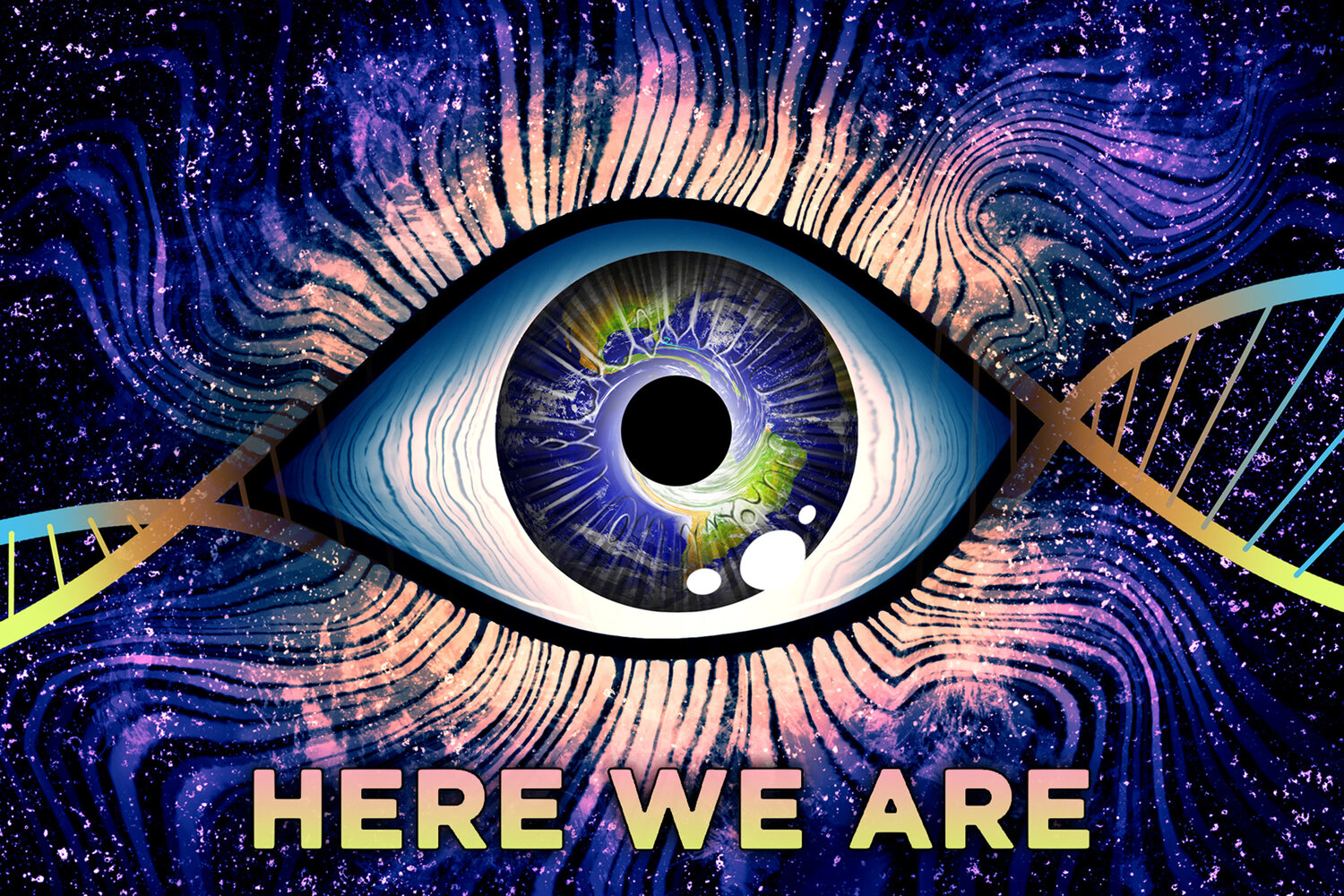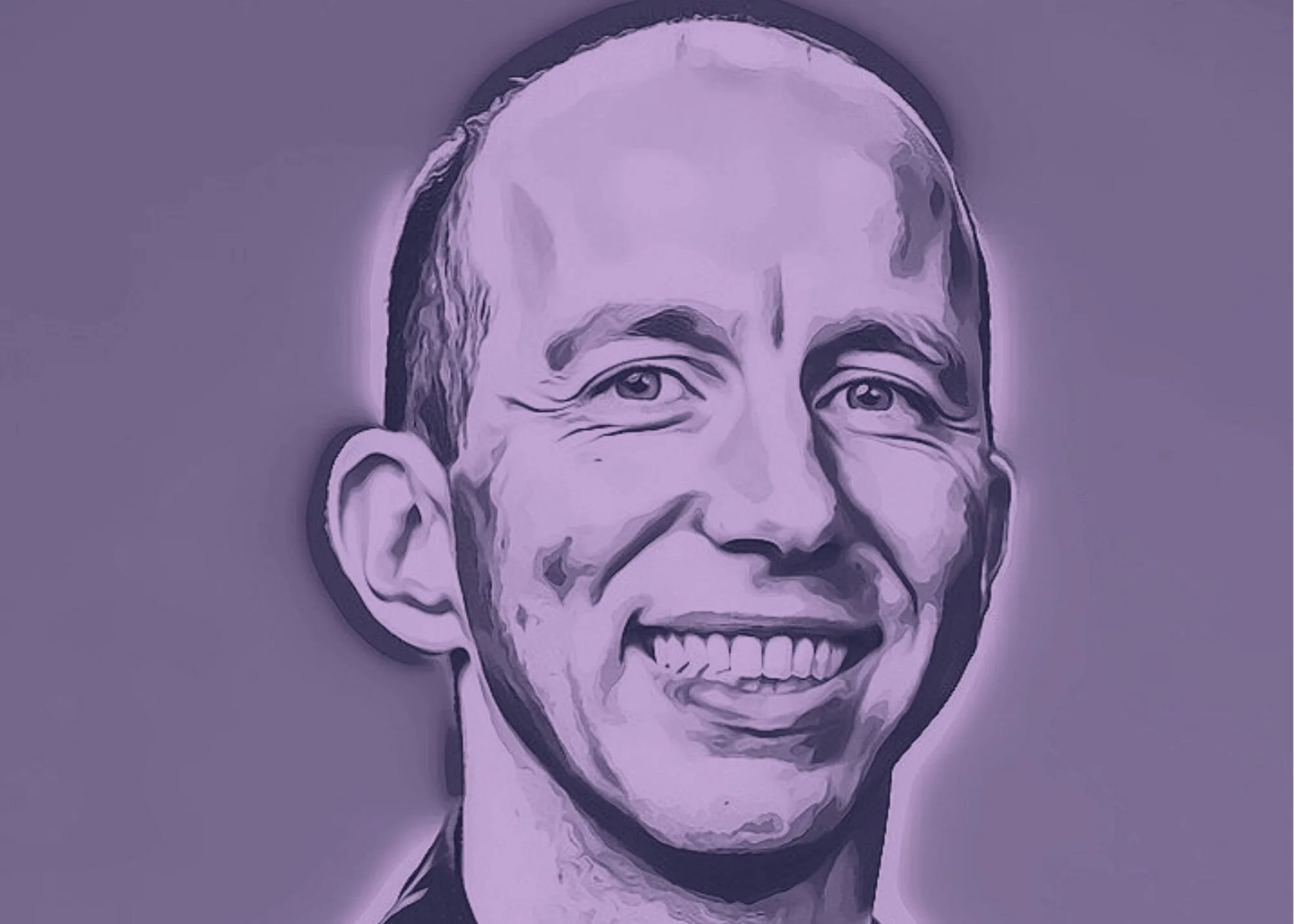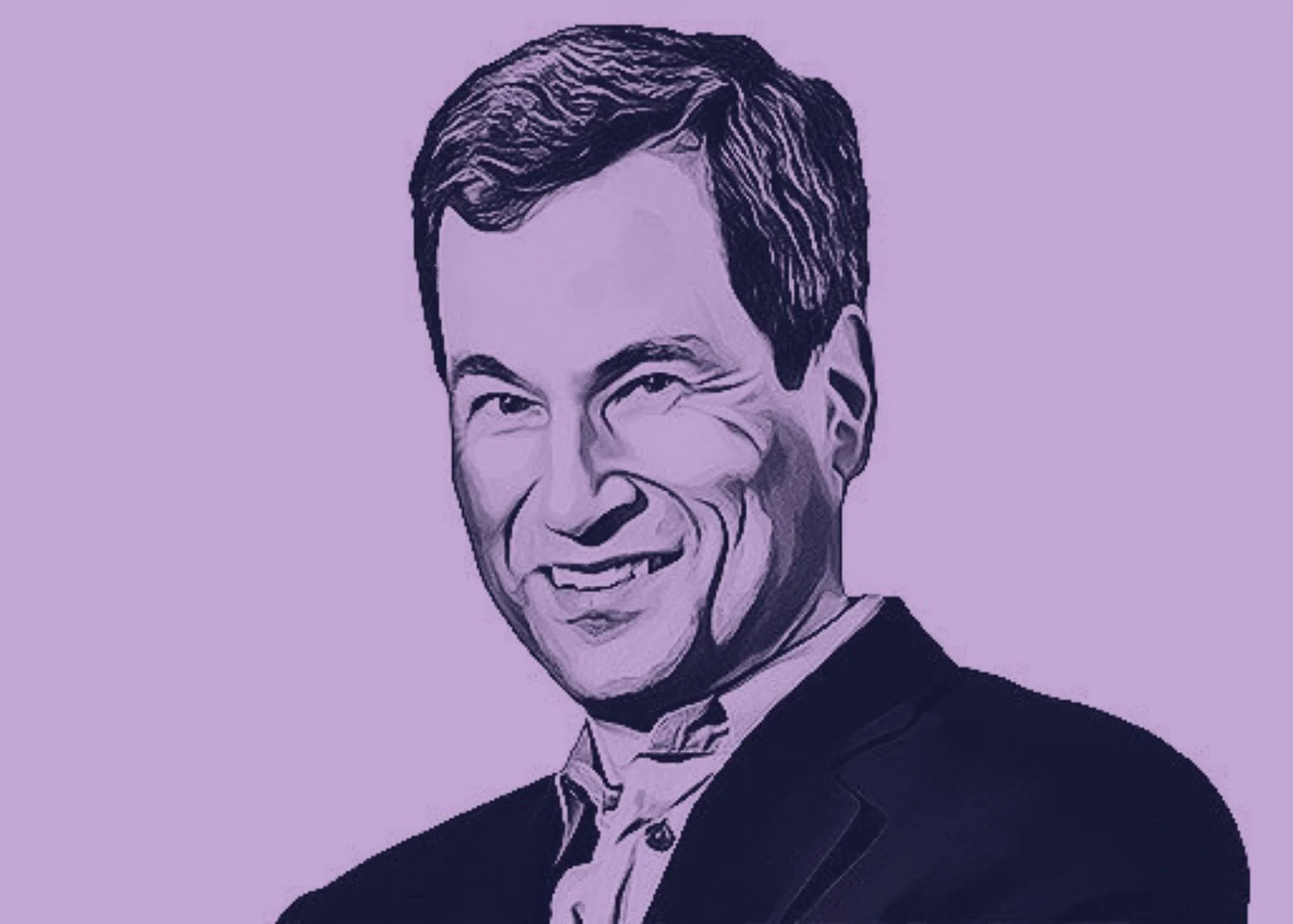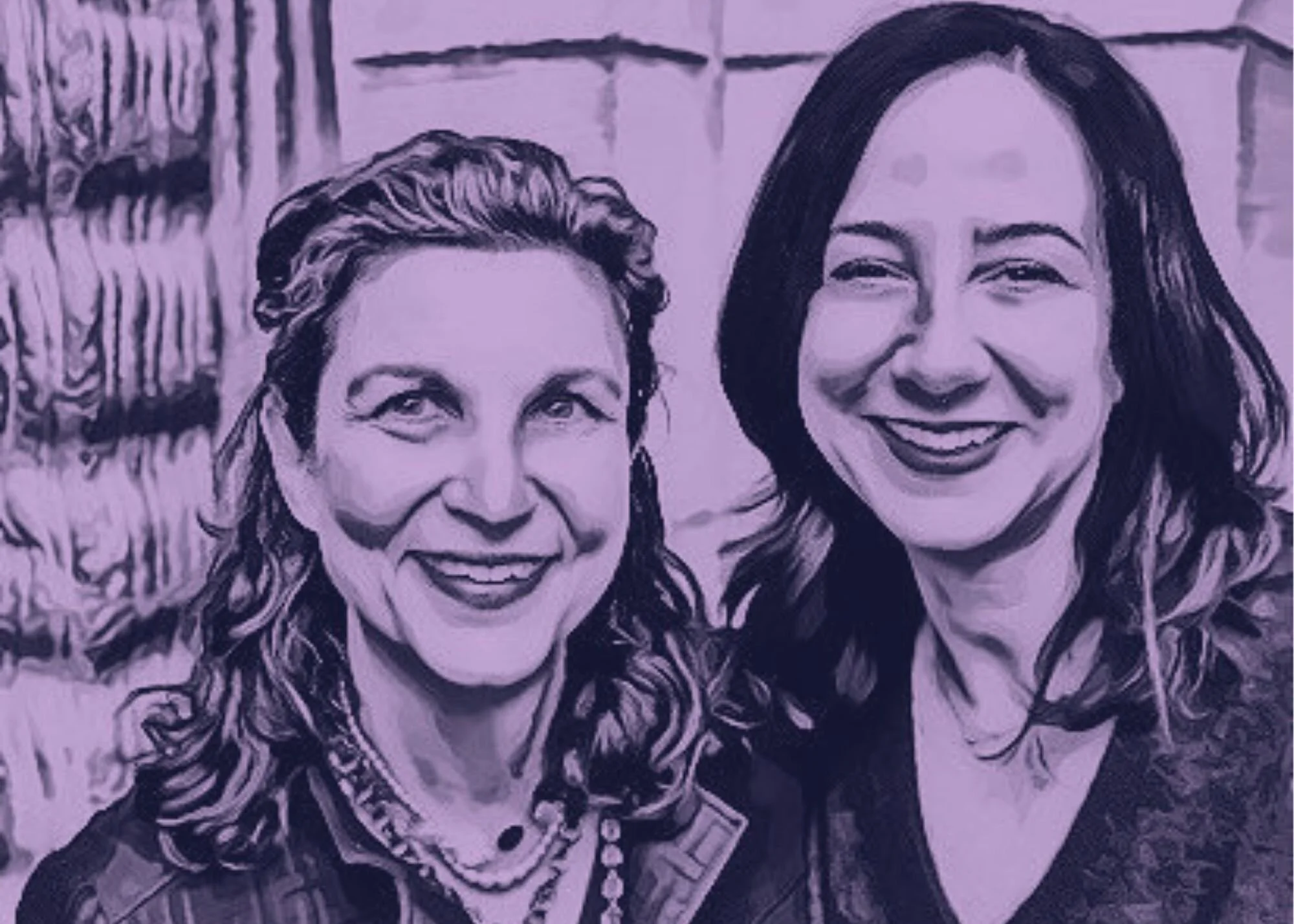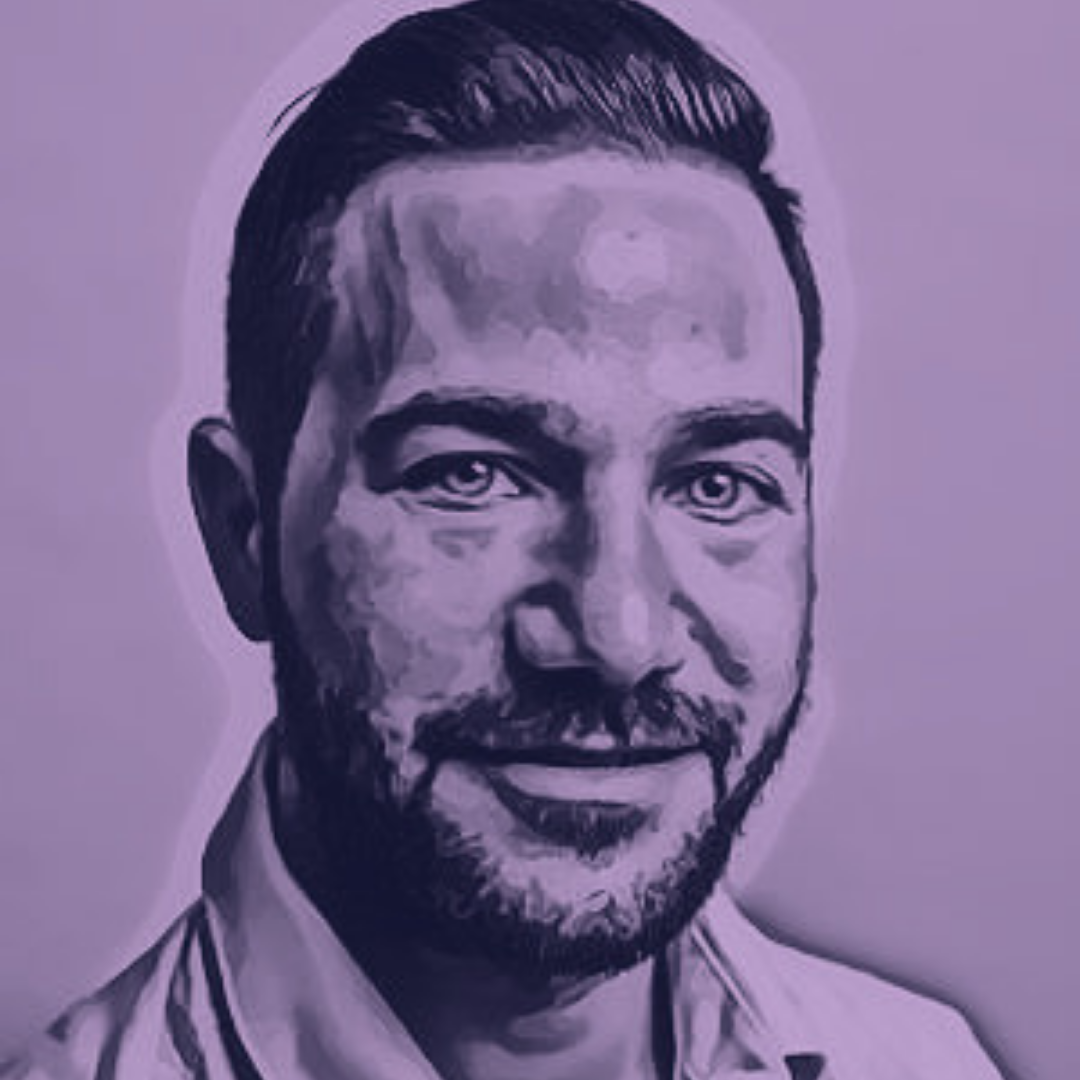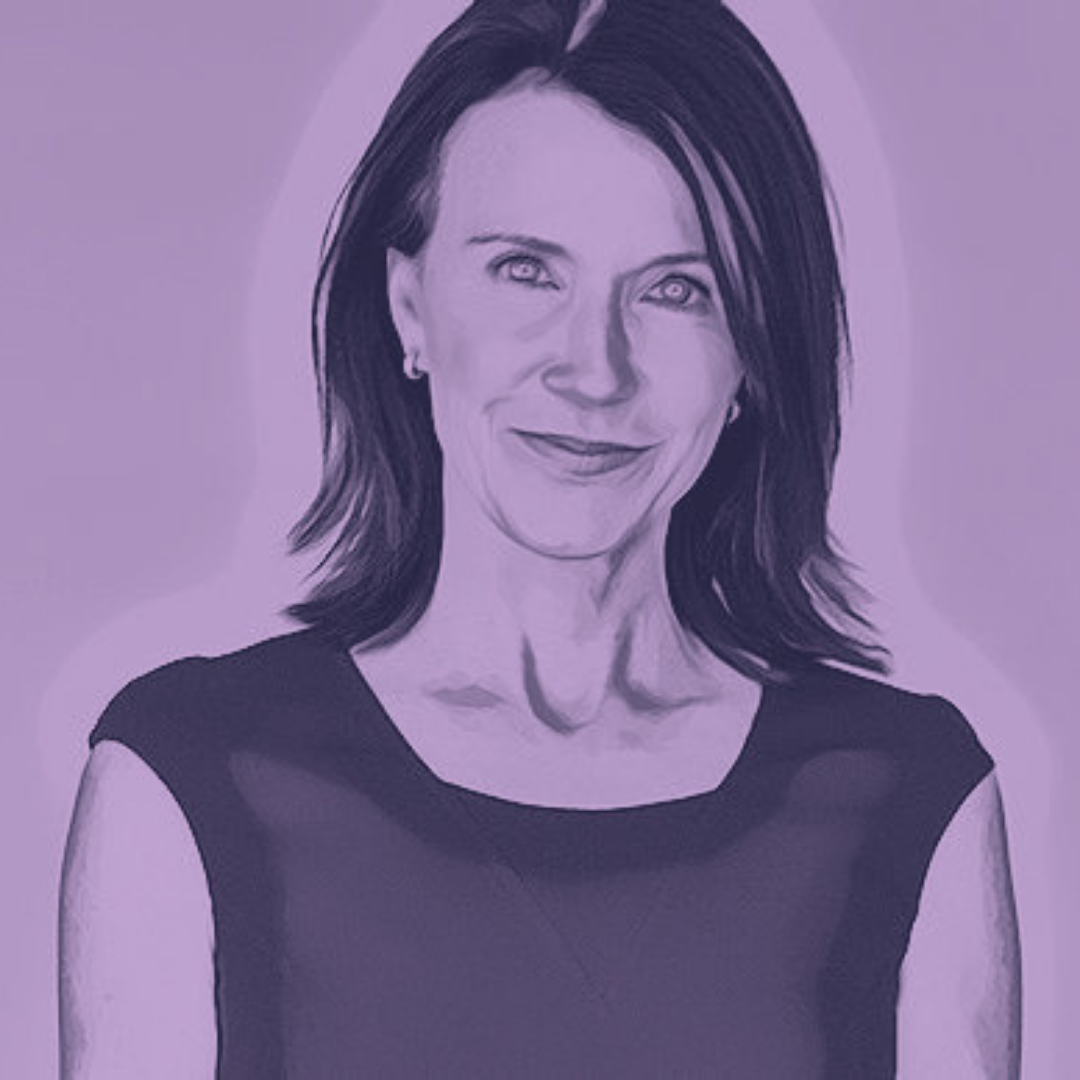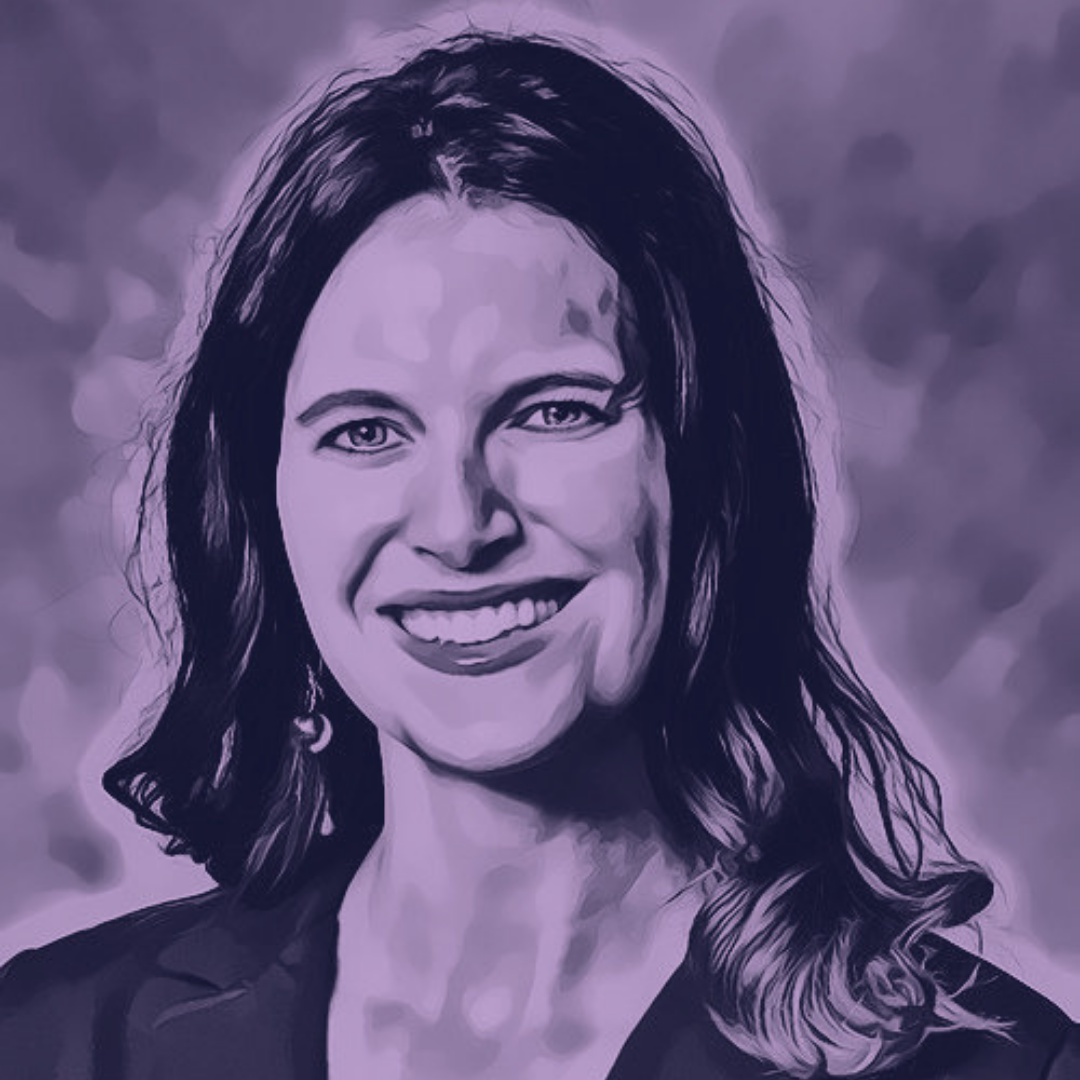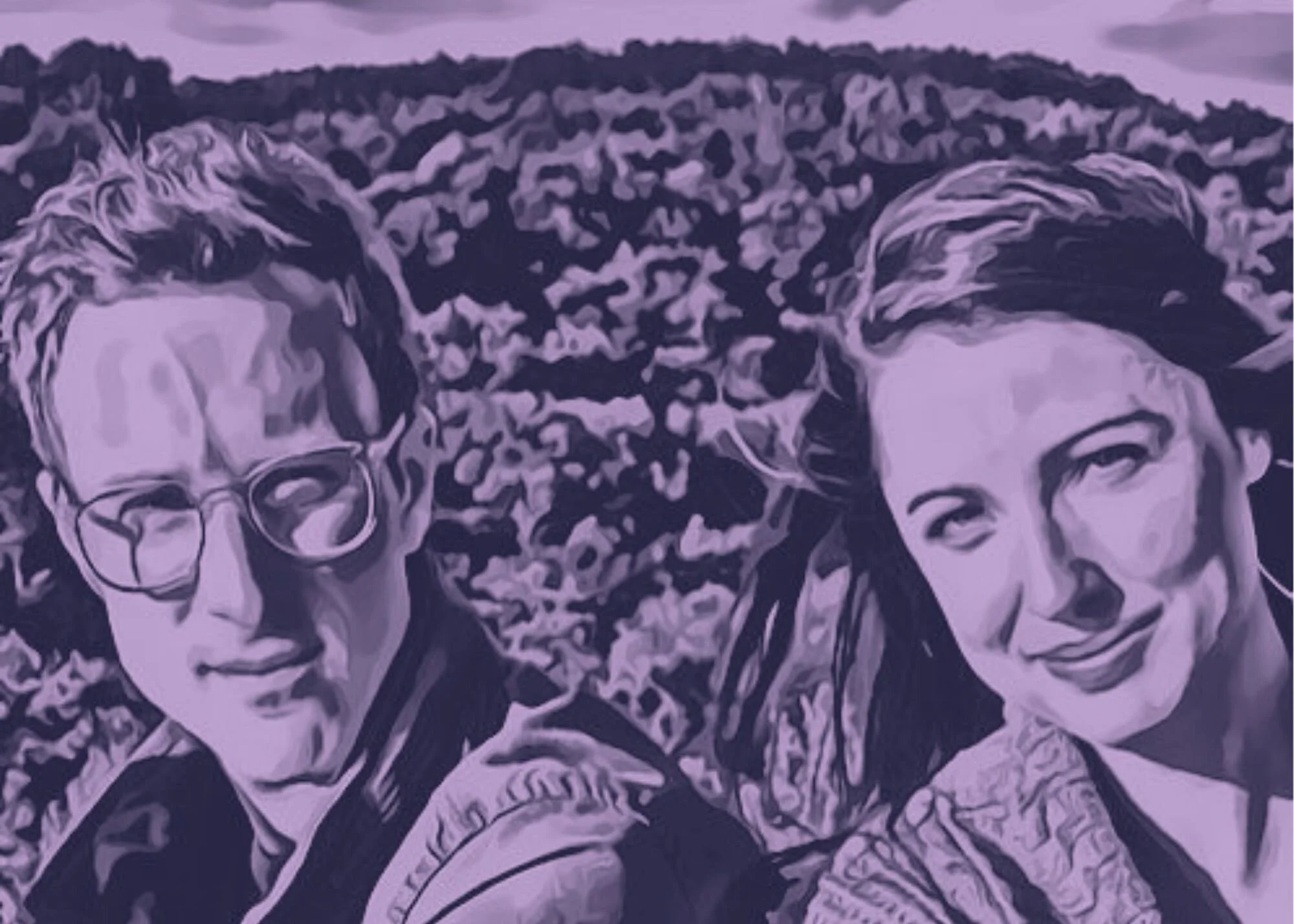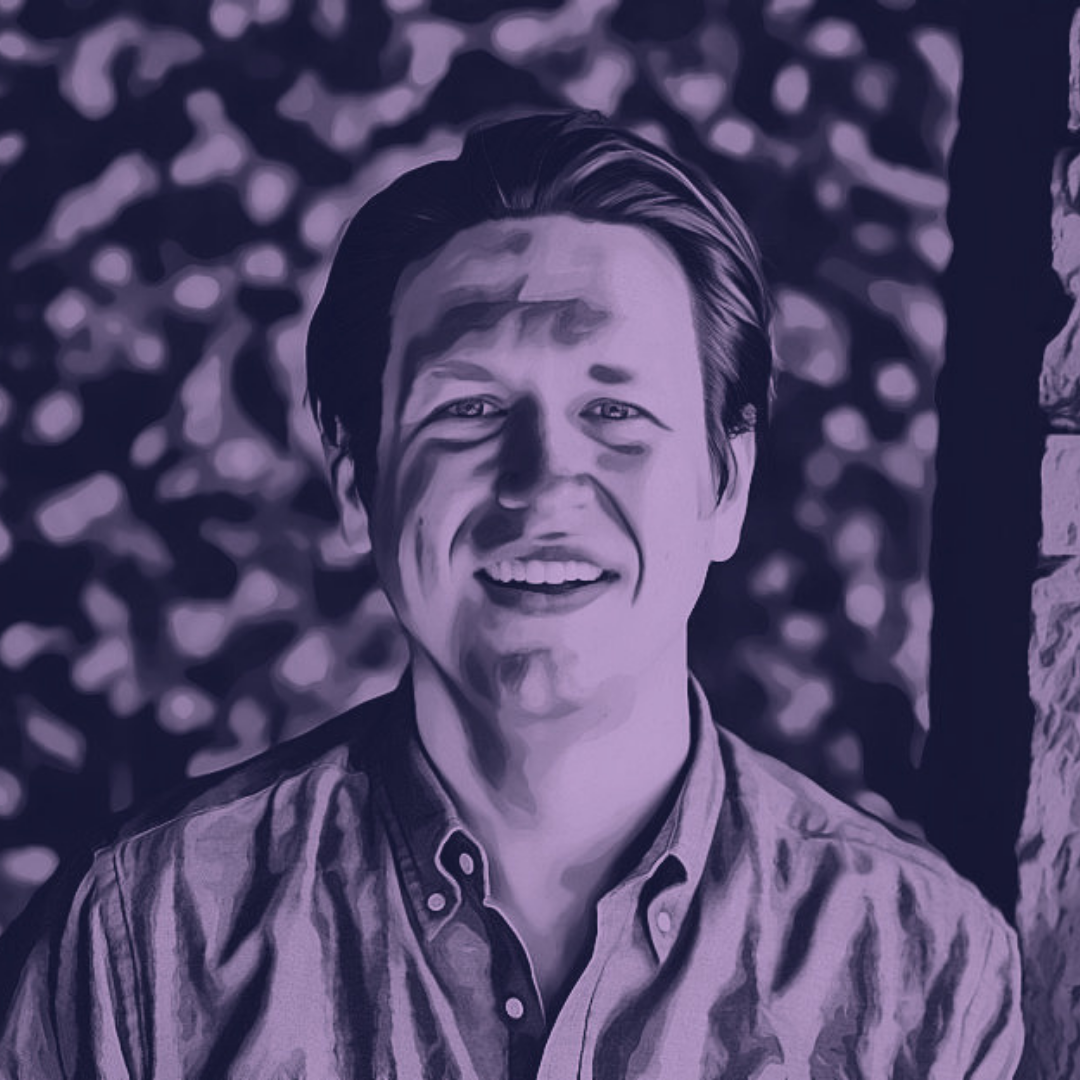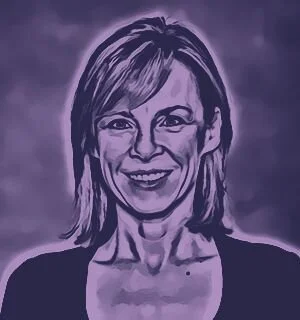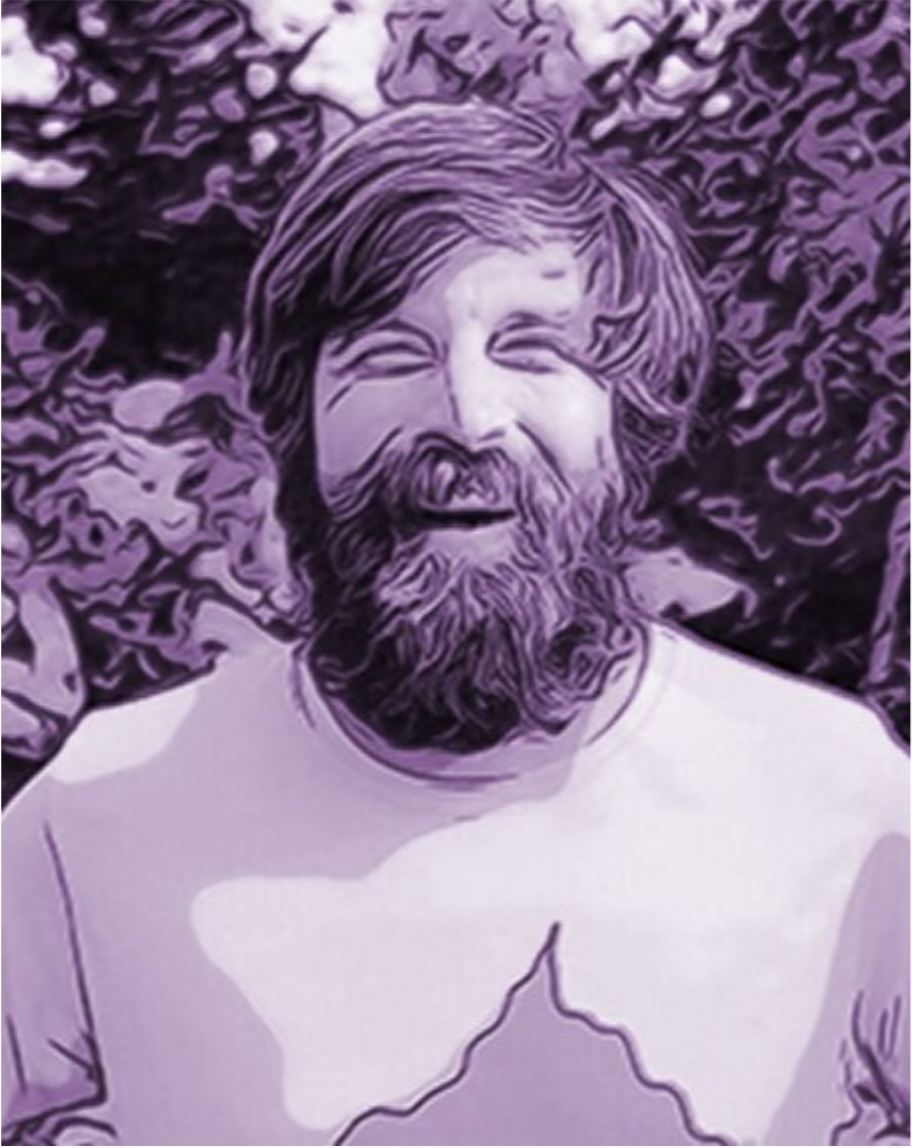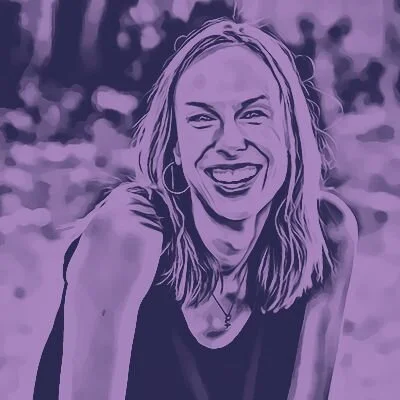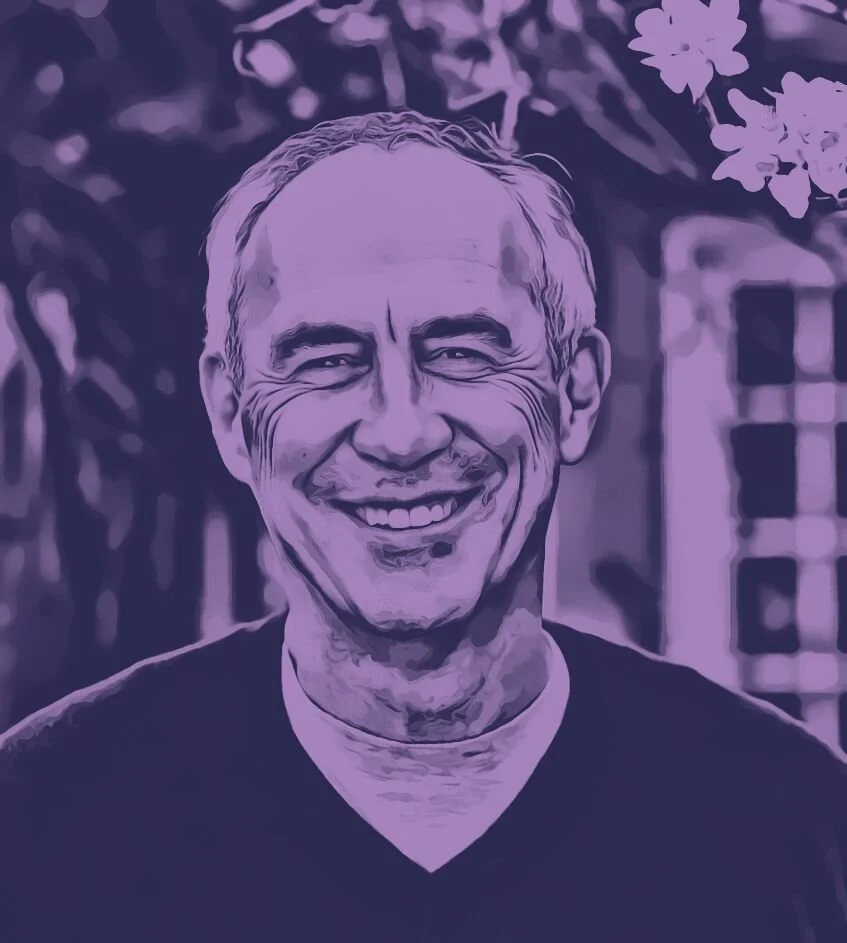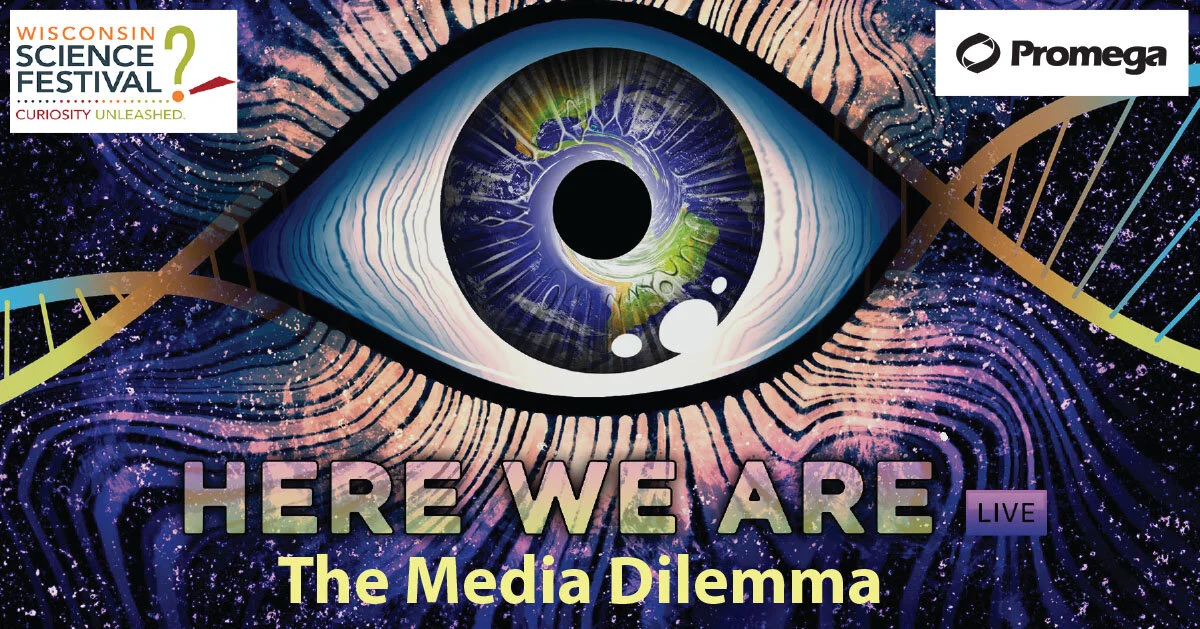Episode 330: The New Science of Human Metabolism, Herman Pontzer
Shane talks with evolutionary anthropologist, Herman Pontzer, about his new book "Burn" which breaks down the new understanding of human health. We discuss getting back to the basics of caring for our bodies while debunking fad diets and pseudoscience.
Episode 329: Kratom, Marc Swogger
Shane talks with clinical psychologist, Dr. Mark Swogger, about his new research which focuses on the potential individual and public health benefits of kratom use. He also studies interventions for individuals whose use of more dangerous substances is causing them harm, taking into account psychopathy and other moderators of successful treatment. Dr. Swogger's research background includes numerous studies of violence, suicidal behavior, and recidivism among justice-involved people.
Episode 328: Preparing For Climate Change, David Pogue
Shane talks with science and technology writer, David Pogue, about his new book "How to Prepare for Climate Change: A Practical Guide to Surviving the Chaos" which offers practical advice for how we should ready ourselves for the future of the planet. David talks about what to grow, what to eat, how to build, how to insure, where to invest, how to prepare your children and pets, and even where to consider relocating when the time comes.
Episode 327: Quench, Dana Cohen and Gina Bria
Shane talks with anthropologist, Gina Bria, and wellness doctor, Dana Cohen about their book "Quench" which explores the new science on hydration. Is water really the only source of hydration? How do humans in desert climates stay hydrated exclusively from the foods they eat?
For over two decades, Dr. Dana Cohen has been on the leading edge of integrative and functional medicine, guiding thousands of patients through protocols that initiate cellular repair and restore balance to the body.
Gina Bria spreads the science of how plants transform liquid water into gel water. She shares how we can adapt and use these ideas now in our water-challenged world for better hydration and better water protection world-wide.
Thank you for watching and being an inquisitive being.
Episode 326: Lost Wallet Study, Alain Cohn
Shane talks with behavioral economist, Alain Cohn, about his fascinating study that examines the trade off between honesty and self-interest. They purposefully lost 17,000 wallets in 40 countries all around the world. Surprisingly, people were more likely to return wallets with more money in them! Alain shares some interesting and unexpected implications of his research.
Alain Cohn is an Assistant Professor of Information at the University of Michigan School of Information. His research lies at the intersection of economics, finance and psychology. Much of his work uses lab and field experiments, often in collaboration with firms and government agencies, to explore topics like honesty, employee motivation and financial decision making. His studies have been published in top general interest and economics outlets such as Nature, Science, American Economic Review, Review of Economic Studies and Review of Financial Studies.
Episode 325: Anthropomorphic Health, Barbara Horowitz
B. N. Horowitz, M.D., turns to the natural world for insights into health and development. She has faculty appointments at Harvard Medical School, Harvard University’s Department of Human Evolutionary Biology, and is Professor of Medicine in the UCLA Division of Cardiology. She co-directs the UCLA Evolutionary Medicine Program. In her work she studies a diverse range of animals in their natural settings to uncover evolved adaptations with potential relevance to human health challenges. She has used this approach to better understand heart failure and sudden cardiac death, neurological conditions including seizures, dementia and movement disorders, infertility and psychiatric conditions including anxiety, compulsive and eating disorders.
Episode 324: Applied Cognition, Joel Suss
Return guest Joel Suss is so interesting and does really unique work. His research interests focus on understanding and improving perceptual-cognitive performance (e.g., anticipation, decision making) in complex and challenging operational settings (e.g., law enforcement, security, military command and control, aviation, and emergency medicine). For example, he investigates ways to train police officers to make better decision in stressful situations. Another project, in conjunction with colleagues at Université Laval (Quebec City, Canada), examines perceptual and cognitive aspects of CCTV monitoring and how automated, intelligent videos surveillance systems are changing the human operator’s role in security surveillance.
Episode 323: Gender Norms, Beth Livingston
I had this conversation with Dr. Beth A. Livingston last September and I'm finally releasing it today. We talk about gender norms and biases and how they impact career growth and perpetuate limiting beliefs for both men and women. This was a very enlightening discussion and it was a pleasure to learn from someone with such a vast understanding of these topics.
Dr. Beth A. Livingston is an Assistant Professor in Management and Entrepreneurship at the University of Iowa's Tippie College of Business. After receiving her Ph.D. from the University of Florida, she spent 8 years at Cornell University in the School of Industrial and Labor Relations before moving to the Midwest. She is passionate about studying gender, stereotyping, discrimination, and the management of work and family. Her research has been highlighted in the New York Times, NPR, and the Harvard Business Review, and has been published in top academic journals. She has also done executive education, speaking engagements, and consulting for companies such as Accenture, John Deere, Yves Saint Laurent Beauty and Allsteel.
Episode 322: Wearable Tech + Covid, Michael Snyder
Wearables can do so much more than count your steps. They can also be used for detecting abnormalities caused by Covid up to 10 days before symptoms arise. In this episode, Dr. Michael Snyder explores the many uses of wearable health monitoring technology.
Michael Snyder is a genomicist, systems biologist, and entrepreneur. He is the Stanford B. Ascherman Professor and Chair of Genetics and Director of Genomics and Personalized Medicine at Stanford University School of Medicine.
Years ago he started using himself as a guinea pig to test the limits of how modern science can improve health. He used genetic testing, multiple wearables, sensors of every kind to collect all possible data. In the course of that, he detected and prevented his own diabetes and turned his health around. He even discovered he had lyme disease before any symptoms appeared.
Now he's developing ways of using AI to sort through the metrics collected by wearables to prevent disease rather than treat symptoms.
His new study is essentially a way that anyone with wearable tech can get an alarm when they have a virus before they show symptoms.
Immediately after this conversation I bought a Fitbit Versa and joined his study. You can play a part and join the study through this link! https://innovations.stanford.edu/wear...
Episode 321: The Courage to Suffer, Daryl and Sara Van Tongeren
Authors of ‘The Courage to Suffer: A New Clinical Framework for Life's Greatest Crises’ join me to talk about mental health, spirituality, what happens when a crisis makes you rethink the coherence of the very narratives that used to keep you going. Rather than trying to dismiss and escape suffering we can find ways to accept and thrive within it.
Sara A. Showalter Van Tongeren has more than twelve years of clinical social work experience in settings such as private practice, foster care, inpatient hospitals and outpatient medical clinics, inter-partner violence shelters, and behavioral health. She has a deep passion to help people cultivate a sense of meaning and develop narratives of resilience following trauma and unexpected life events. Sara specializes in cognitive-behavioral therapy, mindfulness, existential psychotherapy, narrative therapy, brainspotting, and acceptance commitment therapy.
Daryl R. Van Tongeren is an associate professor of psychology at Hope College. His research focuses on the social motivation for meaning and its relation to virtues and morality. Specifically, he and his students adopt a social-cognitive approach to study meaning in life, religion and virtues, such as forgiveness and humility.
Here are the resources for suicide prevention:1-800-273-8255 (24hrs/7days a week crisis support hotline)
suicidepreventionlifeline.org/chat (free online chat staffed by professionals)text 741741 for crisis text support
crisistextline.org to message them through facebook or chat online.
Episode 320: Comedy Sex God, Pete Holmes
This week I talk with my good friend and multi-talented Pete Holmes! I wanted to have a spiritual conversation with someone outside of academia for a change. Pete and I always have really great philosophical discussions and I really appreciate his take on a lot of things. Check out Pete's philosophical/spiritual autobiography "Comedy Sex God" on Amazon or wherever you get your books!
Episode 319: Holiday Covid Update, Nina Fefferman
Covid update with my favorite guest on the subject! Nina Fefferman has spent her career modeling future pandemics. Because of Covid, she’s gone from a theoretical to an applied mathematician. Her interdisciplinary makes her one of the most knowledgeable people at the intersection of mathematics and evolutionary biology. She consistently takes us on a path through the either/or fallacies of health VS economy which have become so politicized and guides us through an exploration of nuance and complexity that we should all be so lucky to journey through. More impressively, she does so in an exceedingly accessible way. If only these kinds of conversations were a bigger part of our global conversation. We are exceptionally fortunate to have humans like Nina working on behalf of all humanity and I am grateful that she took 2.5 hours out of her life to try and save the world.
Dr. Fefferman is a professor in the Ecology and Evolutionary Biology Department in the University of Tennessee. Her research focuses on the mathematics of epidemiology, evolutionary and behavioral ecology, and self-organizing behaviors, especially of systems described by networks. While the research in the Fefferman Lab frequently focuses on disease in human and/or animal populations, and how disease and disease-related behavioral ecology can affect the short-term survival and long-term evolutionary success of a population, people in the lab have worked on problems as diverse as computer network security to social behaviors in grass-roots organizations that make the movement susceptible to radicalization. Any fun integration of applied mathematics and human or animal processes is fair game!Thank you for watching and being an inquisitive being.
Episode 318: Anthropologists on Witchcraft, Manvir Singh and Zach Garfield
Take a peek inside the life of the people who get to peek inside the lives of others.
This week I talk with two anthropologists about what it's like to go and live in an extremely different culture. We talk about shamanism, leadership, witchcraft and what past health care and court systems might have looked like.
Zach Garfield
Evolutionary anthropologist who investigates how behaviors such as leadership and followership, decision-making, and economic strategies are related to group-level pressures such as network dynamics and alliance patterns, sociopolitical structures, group context, and cultural norms.
https://anthro.vancouver.wsu.edu/people/zgarfield/
Manvir Singh
Cognitive & evolutionary anthropologist at the Institute for Advanced Study in Toulouse his research program aims to explain why societies develop complex, recurrent traditions such as shamanism, witchcraft, origin myths, property rights, sharing norms, lullabies, dance music, and gods have appeared in human societies everywhere, from nomadic hunter-gatherer bands to complex, industrial, mega-urbanized states.
https://www.manvir.org
Episode 317: Biodiversity Loss, Dr. Debra Miller
On this episode, we chat about biodiversity loss as a key issue in our modern world. We emphasize the impact it has on increasing of disease in our modern environment which isn’t something normally addressed in public discourse. This doesn’t just impact humans, but the majority of wildlife has lost habitat and the space needed to avoid pathogen spread. Additionally, globalization has introduced invasive viruses to novel environments which lack defense to them.
Dr. Debra Miller is Professor and Director of the Center for Wildlife Health in the University of Tennessee Institute of Agriculture. She has a split appointment between the College of Veterinary Medicine and the Department of Forestry, Wildlife and Fisheries
https://vetmed.tennessee.edu/FacultyStaff/SitePages/CVMProfile.aspx?NetID=dmille42
She is also the interim director of the new One Health Initiative which started at UT this year and has over 50 faculty and scientists from numerous departments and colleges in an effort to enhance research collaborations across the state and region to address rapidly emerging health challenges.
https://onehealth.tennessee.edu
Episode 316: The Economics of Covid, Shane Mauss
In this rare solo episode, I explore what it's like as a comedian, show producer, and science communicator trying to navigate Covid, the economy, public perception, regulations, and marketing while considering the many additional variables and challenges that come along with planning a tour.
Episode 315: Your Brain On Birth Control, Sarah Hill
Professor Sarah Hill of the Hill Evolutionary Social Psychology Lab at Texas Christian University returns to the show to talk about her new book ‘This Is Your Brain on Birth Control: The Surprising Science of Women, Hormones, and the Law of Unintended Consequences’
Sarah is such a dream guest. In addition to being very funny and not afraid to talk about social taboos, her work is also not just really unique and mind-blowing but is also incredibly important information for anyone and an absolute must for women taking birth control
If interested, you can hear her first appearance on the show on March, 1 2016
Episode 314: Do you really need Spine Surgery?, David Hanscom
David Hanscom is author of the book ‘Do You Really Need Spine Surgery?’. He is a renowned complex deformity spinal surgeon of 30 years and his experiences both in the medical industry and with his own health gave him a new perspective on chronic pain, the medical industry, and mental health that is a fresh perspective in a world where questionable surgeries and treatments can often be overprescribed. His pioneering book, ‘Back in Control: A Surgeon’s Roadmap Out of Chronic Pain’ showed suffers how to quiet a turbocharged central nervous system as well as perhaps relieve some of the depression and anxiety that comes along with pain.
Episode 313: Underwater Volcanoes + Scallop Porn, Skylar Bayer
Volcanic activity, submarine adventures, and scallop porn are on today’s menu. If that is somehow not enticing enough, you’re also going to find out what percentage of a scallop’s body weight is gametes. Guess high as it may be nature’s most impressive money shot. Skylar Bayer is a marine ecologist who studies population dynamics and marine conservation.
Episode 312: Narcissism + Social Psychology, William Keith Campbell
Shane talks with personality expert, William Keith Campbell. He is an American social psychologist known for his research on narcissism. He is a professor in the Department of Psychology in the University of Georgia's Franklin College of Arts and Sciences.
Episode 311: The Media Dilemma, Wisconsin Festival Appearance
Technology is amazing. But it also comes with a number of concerns. How much should we worry and about what?
Did you know that there used to be similar concerns about books? Socrates believed that writing was not an effective means of communicating knowledge and now we know he said that over two thousand years ago because of writing. But maybe this time the threat is real. What does the research have to say?
Please note that we are currently in the process of migrating the full Here We Are episode archive from a previous platform. All episodes will be available on our website in the near future.
